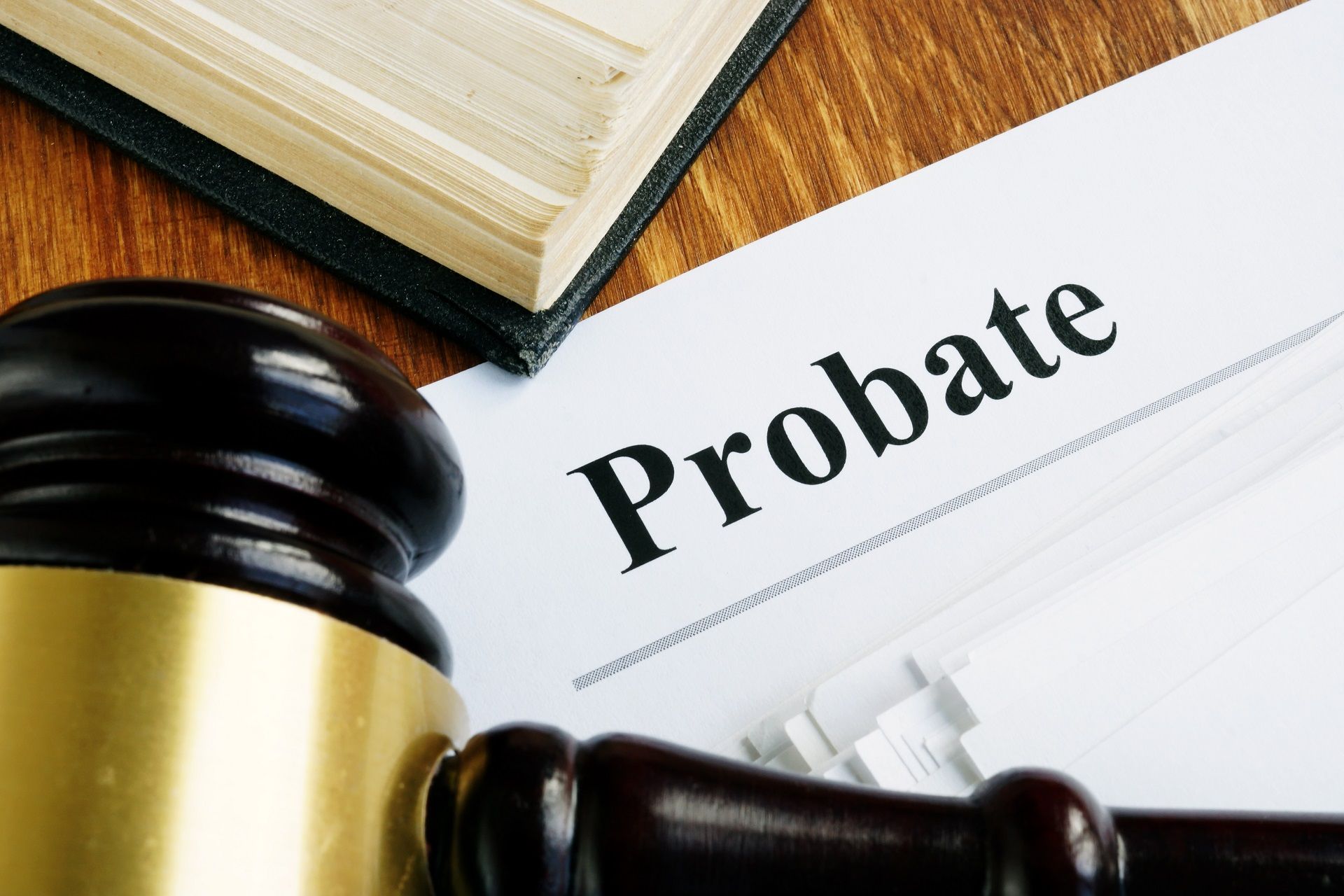How To Avoid Probate In Florida- Key Methods

A probate is a tedious process many citizens of the Sunshine State have to go through. Yet, there are a few effective methods of avoiding probate in Florida that are perfectly legal and easy to set up with assistance from an estate planning attorney. Naturally, all of them have their pros and cons, which is what we’ll address today.
So, without further ado, here is how to avoid probate in Florida.
Set Up A Revocable Living Trust
According to state laws, a trust is a legal instrument created by an individual (a grantor) that contains their intent in regard to provisions contained within the document. A revocable living trust is a special trust that can be modified at any time (amended, revoked, or canceled) without requiring the permission of the trustee or other individuals with adverse interests.
This type of trust offers protection in various circumstances: during lifetime, in cases of mental incapacitation, and after the passing away. Typically, it’s created by individuals who wish to keep their final wishes and financial status private and outside of the probate court. It’s also worth mentioning that the revocable living trust provides control to the grantor over the distribution of different assets with minimal administrative hassle.
For this trust to be effective, it must be funded. To put it differently, the assets must be transferred to the trust rather than remaining in the grantor’s name.
The only downside of using a revocable living trust to avoid probate Florida is that it can be time-consuming and expensive. You need to account for attorney fees, documentary stamp fees, or any penalties that come with transferring personal property to a trust.
Don’t let this discourage you, though - if you’re wondering how to avoid probate in Florida, this is one of the most popular and efficient ways to achieve that goal.
Establish Joint Ownership With Rights Of Survivorship
In Florida, you can own an asset or real estate with individuals whom you wish to inherit your property upon your death. This is commonly referred to as Joint Owners with Rights of Survivorship. Alternatively, the version in which a married couple owns property together is referred to as Tenants by the Entirety.
Both are types of ownership that have many notable benefits, the main being the ability to know which co-owner will inherit your property or assets without requiring almost any involvement from formal administration.
Spouses and family members usually form this ownership to control financial accounts, real estate, or any other form of tangible personal property.
Although it’s one of the most convenient methods if you’re looking to learn how to avoid probate in Florida, there are some disadvantages you should consider.
For example, if you add the name of a child to an asset, it’s considered a transfer by gift. As such, it’s subject to a gift tax. This means the realization of the capital gain may far exceed the amount of tax than if they simply inherited the property after the parent's death.
Furthermore, adding the name of an intended beneficiary to an asset can be costly too because the asset is exposed to the liabilities of the beneficiary. In other words, creditors can put a claim on the asset in question in order to satisfy any debts which can be included in the estate if the beneficiary dies before the original owner.
When it comes to real estate, tenants are required to consent to the selling or mortgaging. If the financial accounts are owned jointly, they can also be liquidated by the beneficiary without requiring the approval or even the knowledge of the first holder.
Homestead properties aren’t free from trouble either as adding a beneficiary to the deed can lead to the loss of homestead exemptions with respect to that property.
Use Beneficiary Designations
Some assets can be designated a beneficiary who will inherit the asset automatically upon the death of the original owner. A good example of this practice is the transfer on death (TOD) securities registration (or an account) which allows individuals to name a beneficiary to whom the assets will pass upon death.
TOD assets won’t be administered through a probate court and they’ll also give complete control to the owner while they’re still alive - to the point where they can change the beneficiary at any time while they’re alive.
Nonetheless, this option can be limiting as assets contained outside of the TOD account won’t benefit from the arrangement. In other words, they will have to pass through probate court. Additionally, the asset won’t take effect until the owner dies and it doesn’t address the situation in which the original owner becomes mentally incapacitated.
When it comes to another type of beneficiary designation, it’s possible to name beneficiaries on retirement, annuity, or insurance accounts such as IRAs or 401(k)s. Moreover, you may also name beneficiaries on bank accounts, turning them into Payable on Death accounts (POD) along the way.
Lastly, Floridians can also leverage so-called “Lady Bird” or enhanced life estate deeds to hold on to ownership of assets during their lifetime while also allowing the beneficiaries to receive their portion directly upon the death of the owner.
Build For The Future
You may have heard of the phrase “you can only avoid a probate if you get rid of everything”, but considering there are many circumvention methods, the person who made this claim obviously wasn’t a legal professional.
Everything we’ve mentioned here represents valid ways of avoiding probate Florida, yet, they don’t offer the same amount of lifetime protection. The best way to build for the future is to put your assets in a revocable living trust - you’ll have all the control of what you own and your beneficiaries will avoid the lengthy probate process.
However, there are benefits to both beneficiary designations and joint ownership, depending on the family circumstances. This is why it’s best you consult an
estate planning attorney before you make any moves. Not only will a legal professional help you find the perfect approach but will also assist you in making sure everything is done properly on the legal side of things.
If you want to learn more, get in touch with the
Law Offices Of Mary E. King - we’ve got the experience, an astounding track record, and can show you how to avoid probate in Florida legally.
Call
941-906-7585 or fill out our online
contact form to schedule a free consultation and we’ll give you the best legal advice in all of Florida.
Note:
The information in this blog post is for reference only and not legal advice. As such, you should not make legal decisions based on the information in this blog post. Moreover, there is no lawyer-client relationship resulting from this blog post, nor should any such relationship be implied. If you need legal counsel, please consult a lawyer licensed to practice in your jurisdiction.
Disclaimer: The information on this website and blog is for general informational purposes only and is not professional advice. We make no guarantees of accuracy or completeness. We disclaim all liability for errors, omissions, or reliance on this content. Always consult a qualified professional for specific guidance.
RECENT POSTS
CONTACT US






